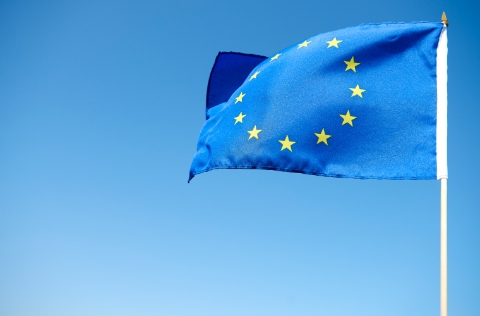
The record sea temperatures of 30°C recorded in July in Greece have led to the loss of 90% of mussel harvests in the Thermaic Gulf, near Thessaloniki, threatening the livelihoods of 100 mussel farms in Kymina and the associated jobs.
According to the Hellenic Aquaculture Producers Organisation (HAPO), mussel exports total 20,000 tonnes annually, making the industry a crucial contributor to Greece’s economy. The aquaculture sector, valued at over €619 million in 2021, is the third largest in Europe after France and Spain.
As one mussel farmer told Reuters, this year’s heatwaves pushed sea temperatures beyond the survival threshold for mussels, wiping out not only the current harvest but also the seed for next season.
Scientists attribute this disaster to the increasing frequency of extreme weather events driven by climate change.
As leaders prepare for the UN climate summit COP29 in Baku, where climate finance will be a key focus, experts are urging governments to provide financial aid to help producers adapt to climate-related challenges.
Scientists and farmers alike are calling for urgent action, warning that without it, mussel farming could be abandoned entirely, highlighting the bleak future facing many in the industry.


